News
Polygon introduces POL: The next-gen native token for the internet’s value layer
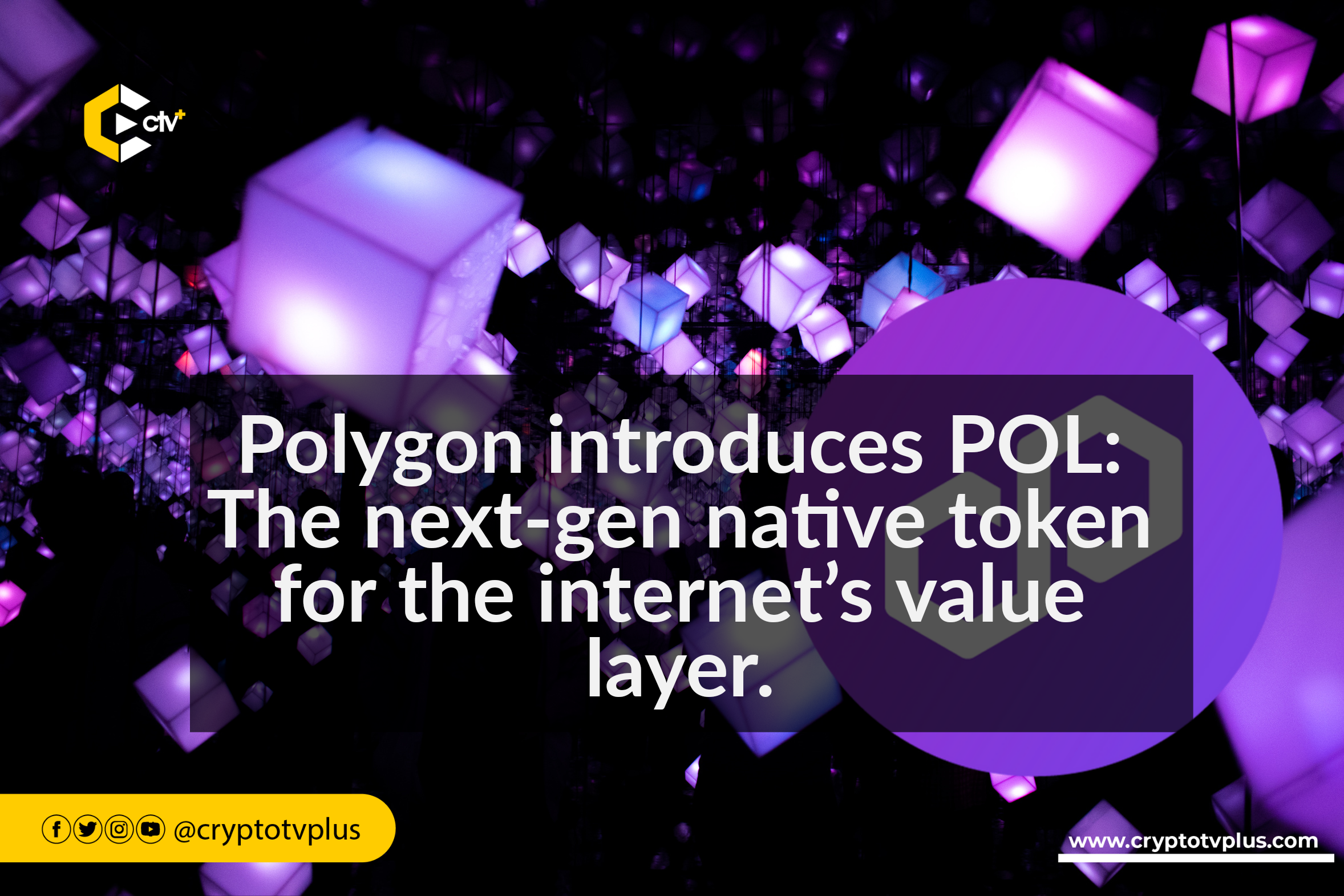
Polygon, a leading open-source protocol, has announced a major upgrade to its infrastructure with the introduction of POL, the next generation native token. In a recently published whitepaper, Polygon founders and researchers outlined the new token’s benefits, utility, token economics, and migration process. With these advancements, Polygon aims to transform its network into the Value Layer of the Internet.
Building on the success of its native token, MATIC, which has been in use since Polygon’s inception in 2020, the upgraded POL token represents the next step in Polygon’s evolution. POL belongs to the third generation of native assets, known as hyperproductive tokens according to Polygon. Similar to its predecessors such as Ethereum, POL allows holders to become validators and receive rewards. However, POL introduces two game-changing improvements:
Validators now have the ability to validate multiple chains. Unlike previous tokens, POL allows validators to expand their role and reward opportunities by validating as many chains as they desire.
In addition, each chain can now offer multiple roles to validators. Each role comes with its corresponding rewards. This innovative design promotes coordination, security, and growth within the Polygon ecosystem.
The introduction of POL brings numerous benefits to the Polygon ecosystem. Firstly, it ensures ecosystem security through a highly decentralized pool of Proof-of-Stake (PoS) validators. These validators are incentivized to join the pool and secure multiple chains within the Polygon network.
Secondly, POL enables infinite scalability, supporting exponential growth and potential mainstream adoption. The validator pool can expand to accommodate thousands of Polygon chains without compromising security.
Thirdly, POL provides sustainable in-protocol mechanisms to support ongoing activities in the Polygon ecosystem and the broader industry. As the ecosystem and Web3 technology continue to mature, POL offers a self-sustaining ecosystem fund, known as the Community Treasury, to finance protocol development, research, grants, and adoption incentives.
Unlike other blockchain protocols, Polygon says POL minimizes friction for users and developers. It eliminates the need to hold, stake, or consume native tokens, enhancing the user and developer experience. Decentralization remains a core value for Polygon, and POL embodies this principle. As a governance token, POL grants the community ownership and enables participation in the decision-making process for the protocol.
The utility of POL revolves around validators, incentivizing them to perform useful work. Validators are required to stake POL to join the validator set, which prevents Sybil attacks, aligns validators with the ecosystem’s success, and enables slashing of malicious validators.
By staking POL, validators gain eligibility to validate any Polygon chain and earn rewards through three incentive streams. The first stream is protocol rewards, where POL is continuously emitted by the staking protocol and distributed among active validators as a base reward. This replaces the previous MATIC protocol rewards.
The second stream is transaction fees. Validators have the opportunity to collect transaction fees from all the chains they validate. Lastly, there are additional rewards. Some Polygon chains may introduce extra rewards, which can be in any token, such as POL, stablecoins, or native tokens of those chains. The purpose of these additional rewards is to attract more validators.
The migration process from MATIC to POL is designed to be seamless. Token holders can upgrade by simply sending their MATIC to the upgrade smart contract, which will automatically return an equivalent amount of POL. To ensure a smooth transition, the community will be given ample time, possibly four years or more, to complete the migration.
According to Polygon, the introduction of POL represents a significant milestone in its journey to transform the Value Layer of the Internet. Polygon is poised to address the challenges of scalability, security, and sustainability while paving the way for mass adoption by leveraging the power of native tokens and advanced blockchain technology.
Read also: BNB Beacon Chain is gearing up for the “ZhangHeng” hard fork on July 19.



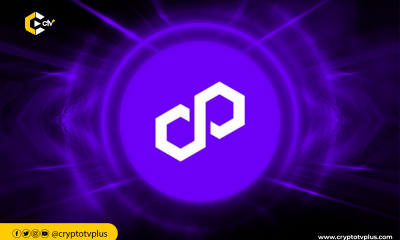

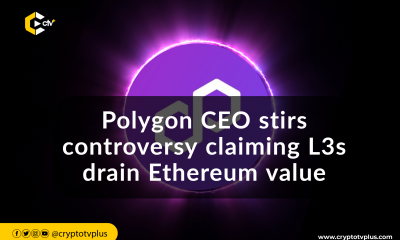

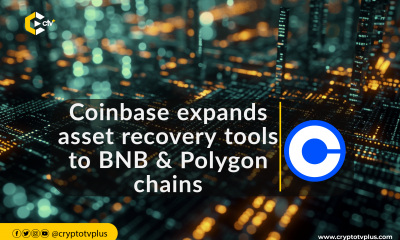



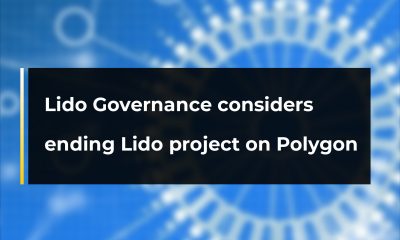













1 Comment